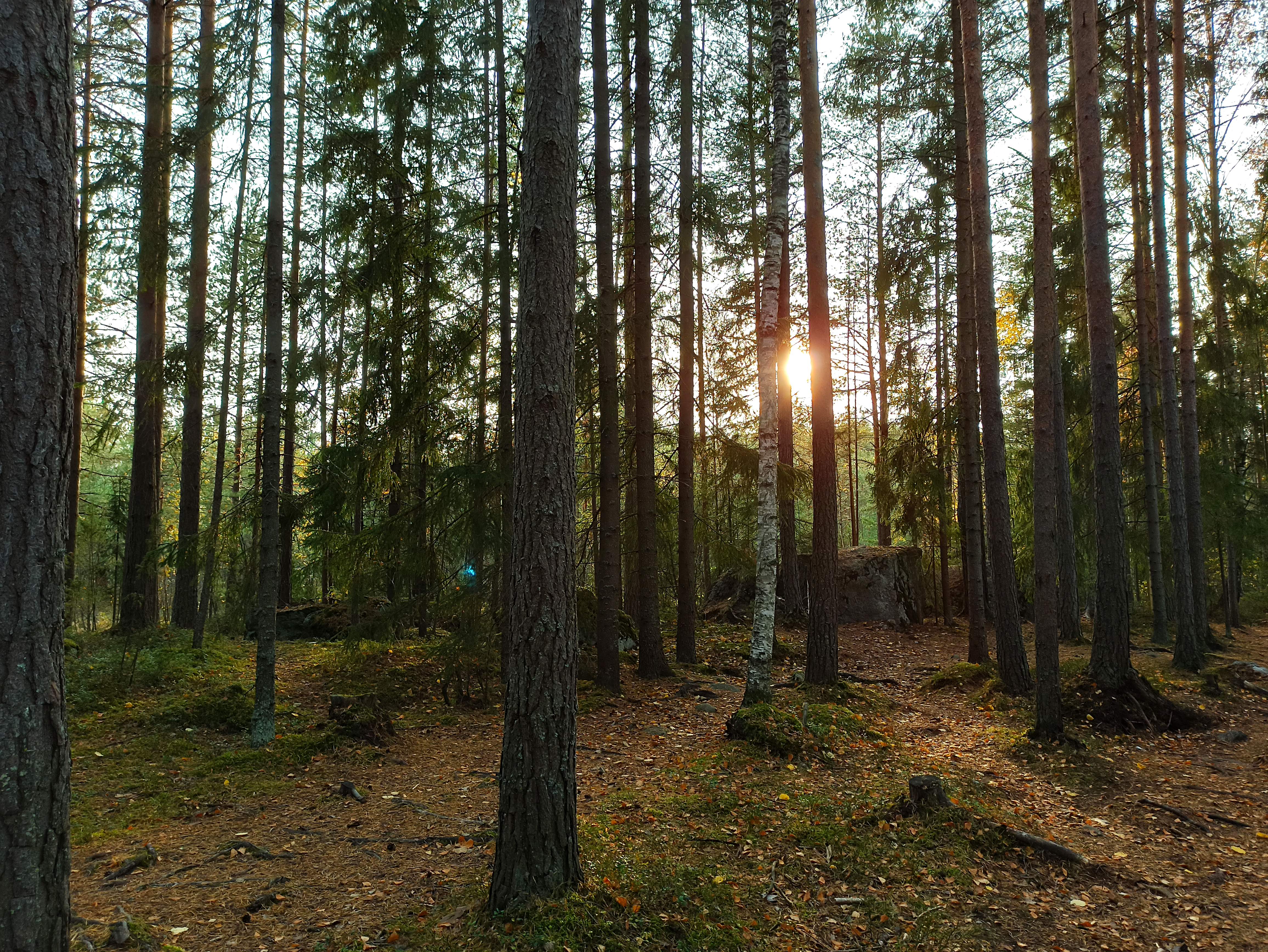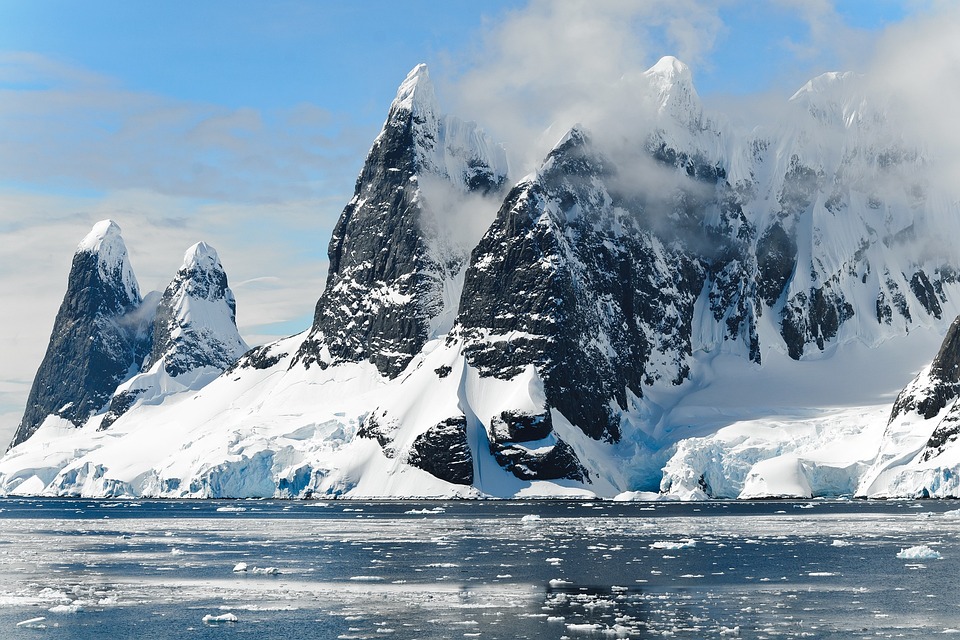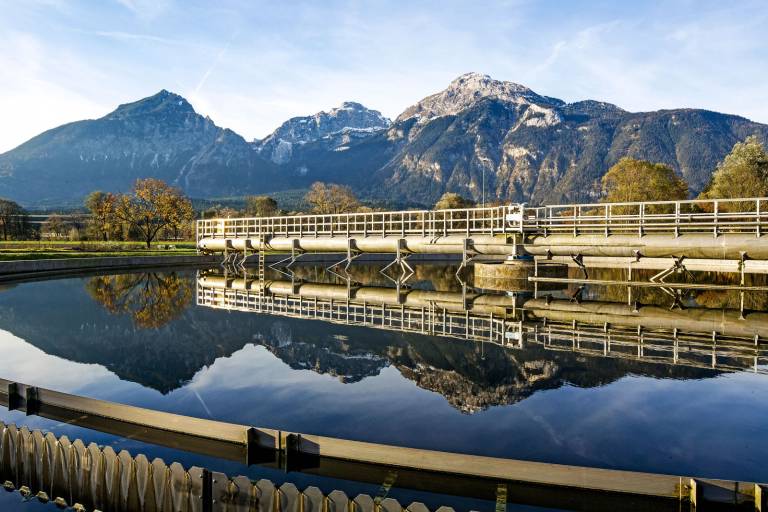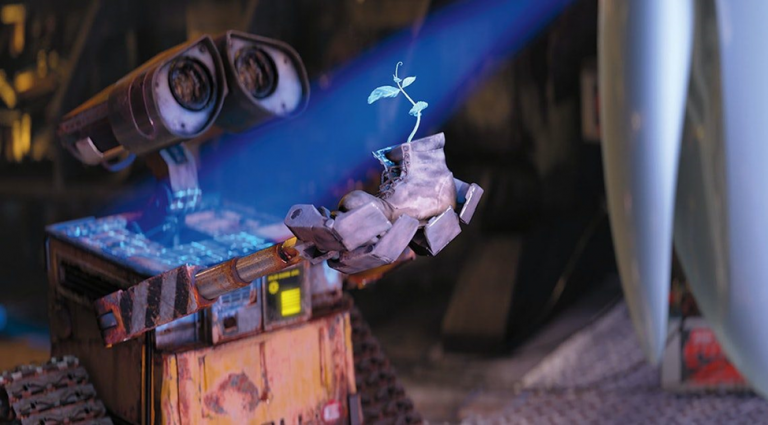Melting ice caps are one of the biggest impacts global warming has on the planet, on par with massive forest fires, droughts and floods. This all in a part of the Climate Change, a process that is about to alter our life on Earth completely, with most of the changes are bound to be negative. Floods and ocean level rise will surely take some of our coastal land from us, but what if, in return, we could claim new land elsewhere? There goes a saying that we, born on the dawn of a new millennia were born too late to explore the Earth, but too early to explore space. The nearest future could prove us otherwise.
New horizons
We are used to think that the North and South poles are just huge ice glaciers floating in the middle of nowhere. This, while being true to the North pole, is does not apply to the continent of Antarctica. It is a continent for a reason after all, there is land and plenty of it.
The area of land under the ice layer we know as Antarctica is, actually, almost 14 million square kilometres or 3061 football fields. It is twice the size of Australia and 1.3 times bigger than Europe. The main obstacle of settling on the land now is that 98% of it is covered by the ice layer getting as thick as 4499 m. If the whole Ice Sheet melted, the global sea level would rise an astonishing 56.5 meters. Luckily for us, the majority of the Ice Sheet is stable, and the melting Ice, located on the east, has the capacity to raise global sea level by 3.5 meters. This still will inflict massive damage to all coastal countries, but this will open a new window of possibility, freeing the western archipelago from the rule of ice.
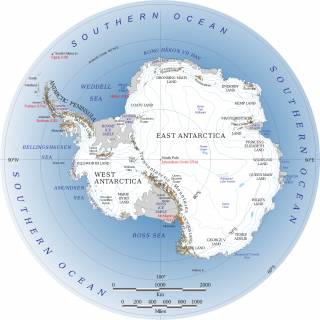
But why?
But for what reason would anyone want to live in here? It is still going to be very cold, dark and gloomy. Who in their right mind would like to live there?
To put it simply – resources. Gold, copper, lead, uranium, all these are valuable resources that are present in Antarctica. Although, the amount of them is still unclear, a continent this large cannot be completely empty. There is sure to be plenty of oil and gas, if they are still used by the time people will get their hands on it, this can be a difference between running a deficit and saving the infrastructures of entire nations. Another resource that can become even more valuable than oil is fresh water. The Ice Sheet holds 60% of drinkable water on Earth. If it so happens that the world would follow the Mad Max trajectory, this water will prove to be more that vital.
In the future, the climate of the West Antarctica can be similar to Scandinavian or Alaskan. Even the crops could be grown in the Northmost parts of the continent. So, it is not entirely about extraction, this place could be habitable.
Well, who is going to own it?
We know now that Antarctica is not just a bunch of rocks in the middle of nowhere. How are we supposed to rule out who owns the land? There must be a way not to repeat the space race of 21st century with all the tensions.
There is a way. Sort of. In the 1959 The Antarctic Treaty was signed, regulating what countries could and could not do in Antarctica. The main idea of the treaty was that the Antarctica is a heritage of mankind and should be kept that way. Lands of Antarctica can only be used for peaceful purposes and all the observations and results are to be shared with the world freely. This treaty also prohibited any mining, military and further expansion into the continent, so the countries that own the land here, don’t technically own the land, but somehow, they do. The only countries that kept their “basis of claim” were the US and USSR, now Russia. This gives these countries could claim the free land of Antarctica, bringing even more uncertainty to the table.
This treaty is to expire in 2048 and after that, there are bound to be some changes, but for now, the consequence of the treaty is such that the land under the ice is owned by the same countries that have claimed the Ice before the Antarctic Treaty. The only real argument against such distribution of land is the Treaty of Tordesillas that has divided the western hemisphere between Spain and Portugal with a single vertical straight line. This line hypothetically does not have an end after it reaches the coast of South America, however it is unlikely that an Agreement of 500 years old holds any power now.
What now? When do I pack?
There is no need to hurry, it is not happening any time soon. If there will ever be an opportunity to colonise Antarctica, it means that the sea level is on the rise and a lot of homes in coastal provinces all across the world got wiped out. This, however intriguing of a venture, is but a necessity to reclaim some land from the nature to support the ever-growing population.

